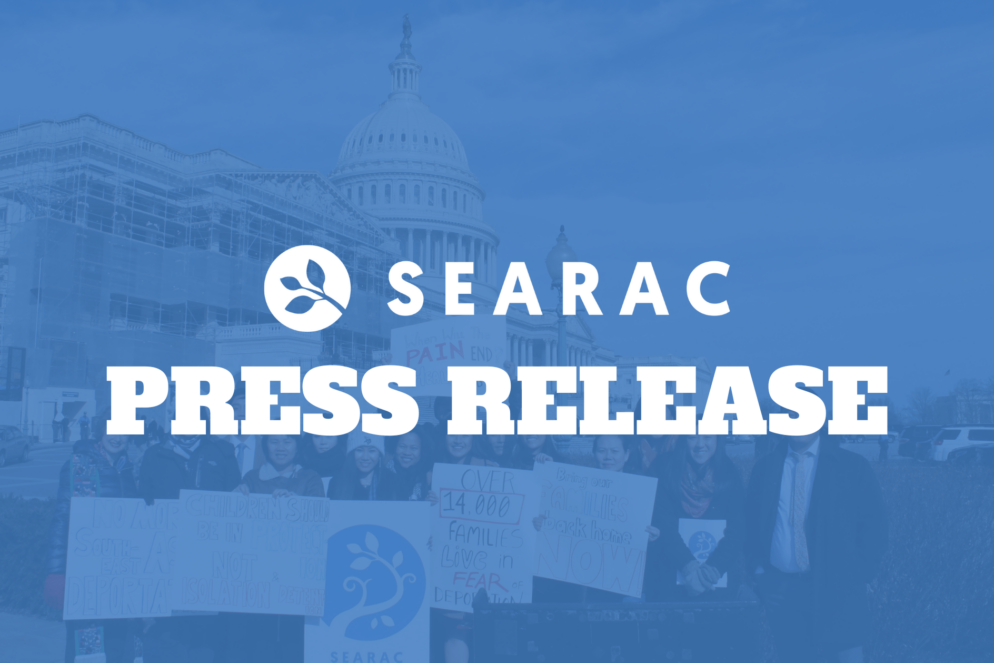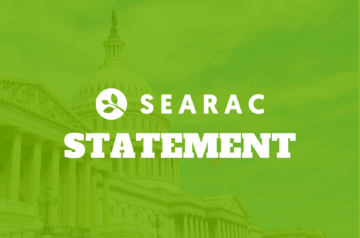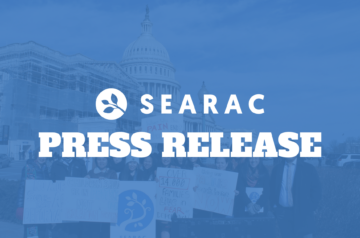Washington, DC – Earlier this week, the Supreme Court made the decision to review two cases involving the use of affirmative action in higher education, Students for Fair Admissions v. President & Fellows of Harvard College and Students for Fair Admissions v. University of North Carolina. SEARAC reaffirms our support of affirmative action and condemns the usage of Asian American students as political pawns in efforts to dismantle these cornerstone civil rights programs. We are disappointed in the Court’s decision to review two federal court decisions upholding race-conscious admission policies at elite universities that have historically limited access to students of color.
Affirmative action policies benefit Asian American and Native Hawaiian and Pacific Islander (AANHPI) students, expanding educational access for low-income AANHPI students. They allow schools to consider the broad range of a student’s background and experience. Test scores are not as strong a predictor of student success and professional trajectory as they are an indicator of access to test preparation. Roughly one out of five Asian Americans currently enrolled in elite colleges benefited from holistic admissions reviews beyond test scores.
In particular, Southeast Asian American (SEAA) students critically benefit from race-based, holistic admission policies, a fact that Students for Fair Admissions highlighted when the group carved SEAA students out from its definition of Asian students in a complaint against Yale’s affirmative action policy. It is also important to note that Students for Fair Admissions is a group created and led by Ed Blum, who has made a career of opposing affirmative action.
“Affirmative action policies are crucial in increasing equity in higher education admissions. These programs have helped many low-income, Southeast Asian students to be considered based on the totality of their experiences rather than just their monetary access to test prep programs alone,” said Quyen Dinh, Executive Director of SEARAC. “Increasing diversity in our postsecondary systems is necessary to close persistent gaps in educational attainment for low-income and students of color. Multiple measures of student readiness, achievement, and success are more equity-focused admission practices that we need to uphold and defend. We support affirmative action and denounce efforts to end these programs, especially when Asian students are used as tools to dismantle civil rights.”
SEARAC’s previous statements on affirmative action highlight the benefits of this policy for AANHPIs and SEAAs specifically. Census data reveal that 68.5% of Cambodian, 66.5% of Laotian, 63.2% of Hmong, and 51.1% of Vietnamese have not attended college.
SEARAC Executive Director Quyen Dinh previously released an op-ed on the importance and impact of comprehensive admissions policies in helping her access selective colleges and shaping her future contributions to the SEAA community.
Media contact: Elaine Sanchez Wilson; elaine@searac.org; 202-601-2970




